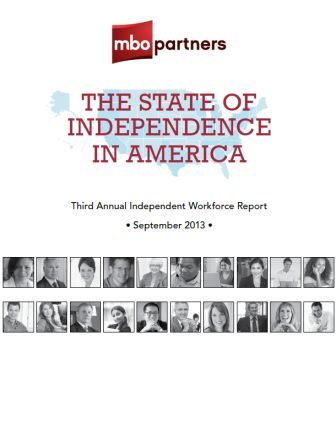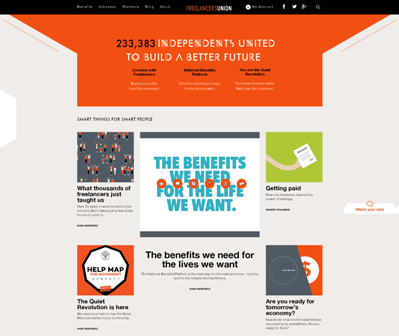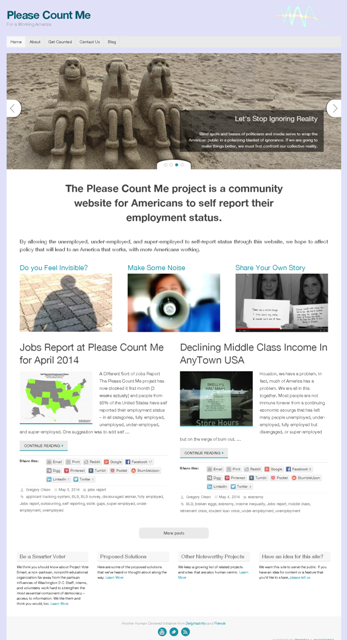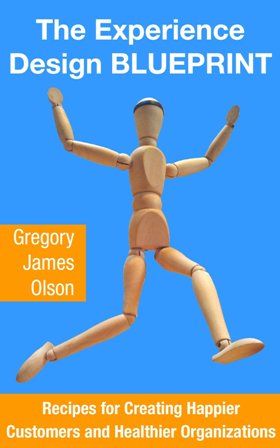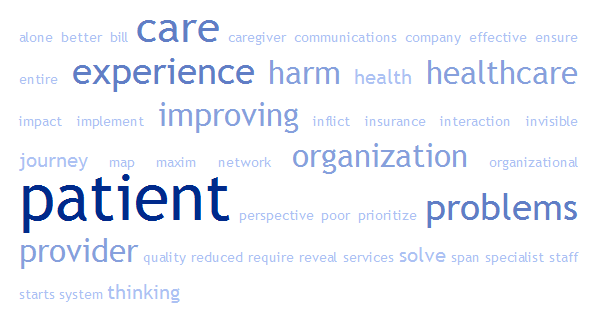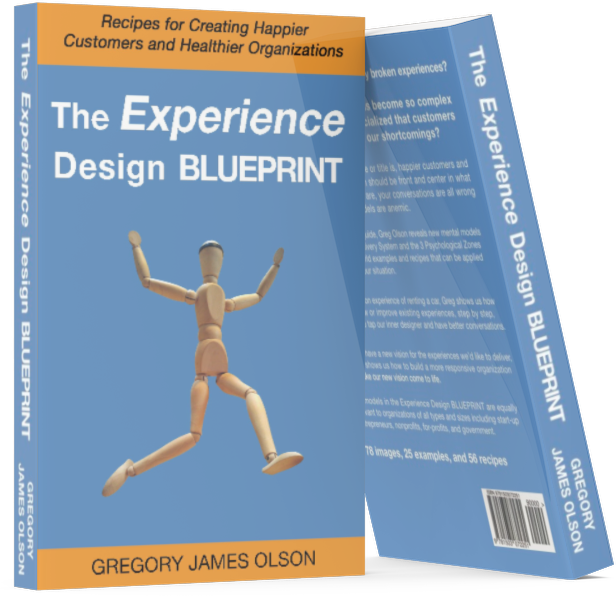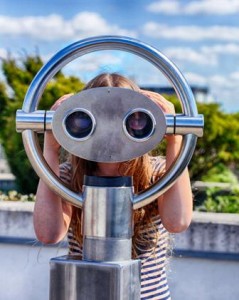 There is a pervasive issue that plagues our economy yet it is mostly invisible, unless we look for it. I’m going to help you to see it. It is the Skills Gap.
There is a pervasive issue that plagues our economy yet it is mostly invisible, unless we look for it. I’m going to help you to see it. It is the Skills Gap.
We’ve all heard media, politicians, and pundits refer to the skills gap in this country. It’s true we do have a skills gap. But it isn’t the one they’ve been referring to, where people are trained for the wrong jobs, lack technical skills or a college education. All of that is simply not true in a universal sense. It isn’t anymore true than the statements all dogs are ferocious or all email is spam.
 Each of us knows family, friends, and colleagues whose personal economy has suffered in spite of their college education, skills, and experiences. You probably also know people that are super-employed by greedy corporations that work their employees tirelessly, refuse to hire more people, while stockpiling more and more cash.
Each of us knows family, friends, and colleagues whose personal economy has suffered in spite of their college education, skills, and experiences. You probably also know people that are super-employed by greedy corporations that work their employees tirelessly, refuse to hire more people, while stockpiling more and more cash.
No, this skills gap is of a different sort. As a society, we’re becoming less empathetic to those not like us. This is making us less human. This is our real skills deficit.
The decline in empathy is all around us. It is a fact. You can find studies that show the decline over the last 40 years. But, you don’t need to. You need only reflect on your own experiences.
Examples of Empathy in Decline
 Over Labor Day weekend I experienced a lack of empathy when I re-entered the U.S. at the Canadian border. I had my keys taken away and my car searched. I guess I look like a smuggler or terrorist or my backpacking story triggered some false instinct. Of course I did nothing wrong. It’s just that we are at war with ourselves. I think I would have felt more empathy from a bear encounter than I did from the border agent interaction.
Over Labor Day weekend I experienced a lack of empathy when I re-entered the U.S. at the Canadian border. I had my keys taken away and my car searched. I guess I look like a smuggler or terrorist or my backpacking story triggered some false instinct. Of course I did nothing wrong. It’s just that we are at war with ourselves. I think I would have felt more empathy from a bear encounter than I did from the border agent interaction.
If you’ve traveled aboard a commercial airliner in recent years, you’ve no doubt been treated as a dangerous object by the Transportation Security Administration (TSA). Even, in our own communities, we’re ruled by red light cameras.
When the police outfit themselves in combat gear and appear as robocops they look and behave less human. They also further insulate themselves from the communities they are supposed to protect and serve. The events in Ferguson displayed a lack of empathy in all directions.
Some municipalities have gone so far as to outlaw homelessness. Police and firefighters have been ordered to destroy the donated tents of people experiencing homelessness. They didn’t merely dismantle the tents, they actually destroyed them with box cutters. What a horrible misuse of power by the mayor and what a horrible thing to have to do as a public servant. The lack of empathy in all directions can be witnessed by reading the comments on the video posted on YouTube, St. Petersburg Police cut tops off homeless people tents. The war against people “not like us” rages on.
We have systematically been reducing our own empathy.
We are communal by nature yet when we don ear buds and bury ourselves in front of screens of all sizes we avoid real discussion and face to face interaction. We no longer visit video stores or interact with bank tellers. We buy online and pay at the pump. We are having less and less human interactions.
Think of your own conversations and those you hear around you. How many of these conversations actually matter on a human level. Too many would be meaningful conversations are not happening.
We are increasingly isolated. We have technology that connects us to each other more than at any point in human history, yet we are connected in less authentic ways. It is much easier to ignore or exit a conversation that is only online. Internet and social media bullying are sadly commonplace. Unfriending and the “conversations” that precede that act are inflammatory and lack components of a healthy dialogue. Few would have the courage to act this way face-to-face.
So, yes, we have a skills gap. We are forgetting how to be human. We are becoming less empathetic. Technology and our busy states of mind are our allies for ignoring what’s wrong in our communities and in the world.
We Pay Homage to Things that Don’t Matter
 Making matters worse, as a society, we are paying attention to the wrong things. These things further harden us and make us even less empathetic.
Making matters worse, as a society, we are paying attention to the wrong things. These things further harden us and make us even less empathetic.
I think each of us does want a more humane and just world, where people are genuinely peaceful and happy. But, those things are hard to measure and don’t carry headlines, so instead we measure things like GDP, the DOW, and the S&P 500. We measure things that tell a story that media and politicians want retold – and we in turn, pay attention. Even American Public Media’s Marketplace that purports to present news on business, economics, and money for the rest of us, chants the numbers as though they mean something to main street America. Imagine if we were listening instead to, “HumanPlace” or “ProsperityPlace” or the like.
Unfortunately, the larger human story is going untold. We do have a prosperous nation, if you measure it by GDP and the DOW. But, we have poverty in this prosperous nation. We also have droves of educated but unemployed and underemployed people. And, of those that are working, most are largely disengaged.
These things are not part of our national dialogue or priority, but they should be. Instead what is heard is, “If you don’t have a job, it is your fault. Skills gap, remember. If you don’t have enough work, get more education. If you are suffering from poverty, again, it must be your fault. If you are a college educated fast food worker, just try harder. Pick yourself by your bootstraps and just do it.”
This is all hogwash and only serves to polarize and distract all of us. So, what can we do?
Platform for Human Progress
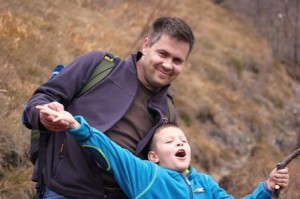
I imagine a Platform for Human Progress. The platform would be about two things: 1) We’d relearn empathy – we’d systematically restore empathy in schools, in police departments, in the workplace and dare I say it, online; and 2) we’d develop human potential – we’d have a people first agenda.
What would a Platform for Human Progress look like? Technology would be involved. So would forums and events. Institutions of all types and sizes, and of course government. In fact, the employment security department would morph. It would become less about policing benefits and more about helping people to reach their potential, irrespective of education, experience level or industry. No longer would people automatically become invisible or be labeled as discouraged workers, no longer looking for work, simply because their unemployment benefits were exhausted. A human centric side project of Delightability that has debunked both the skills gap and the notion of discouraged workers is Please Count Me. This website gives Americans the opportunity to self report their employment status no matter if they are unemployed, under-employed, fully-employed, or super-employed.
We’d want the Platform for Human Progress to scale while at the same time being careful not to concentrate more wealth and control into the hands of a greedy few. Maybe we’d embrace small as the new big.
There is No Innovation or Progress Without People
I think investing in people should be a national priority. There is too much idle wealth and talent on the sidelines in the U.S. and in the world. Yet, there are many problems to solve and opportunities to explore. There’s no innovation or progress without people. This is important work for all of us.
Let’s return the keys to the kingdom to the makers and remove them from the takers, speculators, and manipulators.
If we can build vaccines for diseases we cannot see, and build fabric winged airplanes that can carry us to other continents can’t we also build systems that help humans that are negatively affected by public policy, technology changes, and corporate greed? Of course we can. If we did, we’d be a real superpower, not simply a military superpower. Maybe, as a country the U.S. would then rank as high, or surpass Norway or Denmark as having the most prosperous and happy people.
 In all that we do, we need to start asking the question, “What about the people.” Repeat that 100 times, “What about the people.”
In all that we do, we need to start asking the question, “What about the people.” Repeat that 100 times, “What about the people.”
We need to measure the success of the platform and our nation in terms of: Can individuals secure food and a future? Are they achieving their potential?
Maybe we can learn from the work of the Grameen Foundation’s Progress Out of Poverty Index. Hopefully, we’d replace it with Prosperity Index; the Legatum Index might be a good place to start. The Legatum Prosperity Index™ is an annual ranking, developed by the Legatum Institute, of 142 countries. The ranking is based on a variety of factors including wealth, economic growth and quality of life. In 2013, the U.S. dropped out of the top 20 for the Economy sub-index.
We collectively need metrics that matter to human progress and prosperity. We need to communicate these metrics and hold ourselves and others accountable to improving them. This would be a shift much like John F. Kennedy’s Man on the Moon speech that sparked a nation to action.
In Conclusion
Humanity is a big subject and even though each of us play a tiny, time limited role, each of us can make a bigger impact with our conversations and the challenges we put on others. I challenge every reader of this article to be more human, more empathetic, and to hold others to a higher, human standard. Maybe pose the question, “Is that helping or hurting humans?”
A New Conversation
I don’t have all of the answers. I think the answers are spread across all of us. But, we’ll need better conversations to draw them out. I hope you’ll share this message with others so that we can close the most important skills gaps we face, being human.
I’m going to leave you with a little quote from the universe.
“When you understand, that what most people really, really want is simply to feel good about themselves, and when you realize that with just a few well-chosen words you can help virtually anyone on the planet instantly achieve this, you begin to realize just how simple life is, how powerful you are, and that love is the key.”
Fly little bird,
The Universe (Sign up for Mike Dooley’s Notes from the Universe)
About the Author
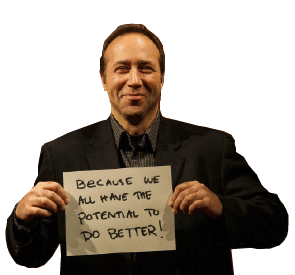
Gregory Olson is a consultant, speaker, and author of The Experience Design BLUEPRINT: Recipes for Creating Happier Customers and Healthier Organizations. His latest book is l’ impossi preneurs: A Hopeful Journey Through Tomorrow.
Learn more and connect with Greg on Linkedin, Facebook, or Twitter.
Chapters in The Experience Design Blueprint that especially pertain to this post include:
- Chapter 6: Aiming for Remarkable, Unbroken, and Generous Design
- Chapter 8: The Promise Delivery System
- Chapter 14: The World of Work Has Changed
See a book summary. Read the book reviews on Amazon. Read The Experience Design Blueprint on Kindle or any device using the free Kindle Reader application or read the full color print edition. Already read it? Please connect and let me know.
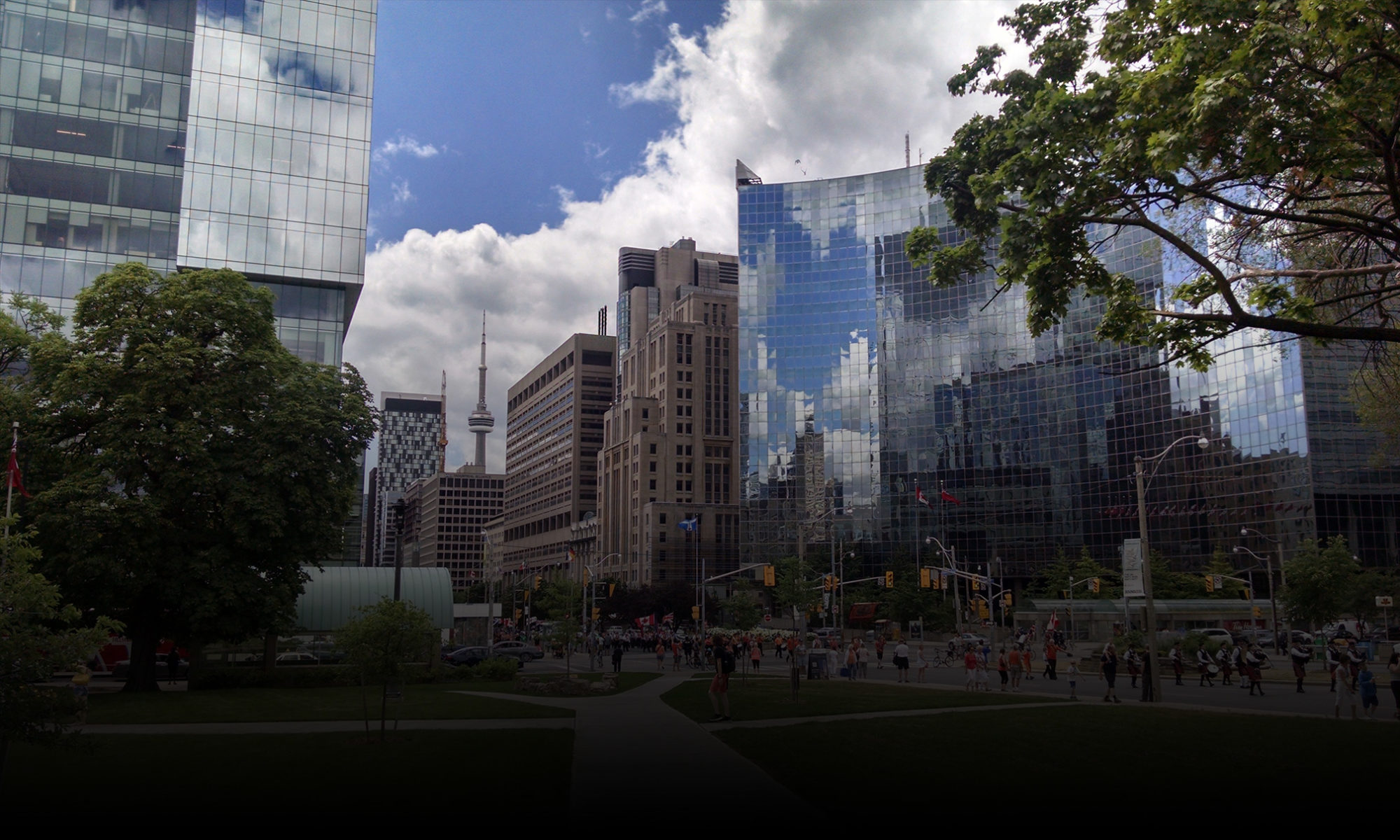

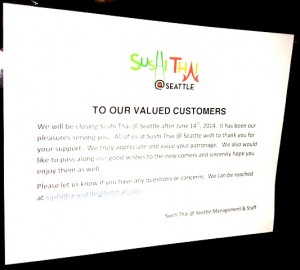 The World of Work Has Changed
The World of Work Has Changed
